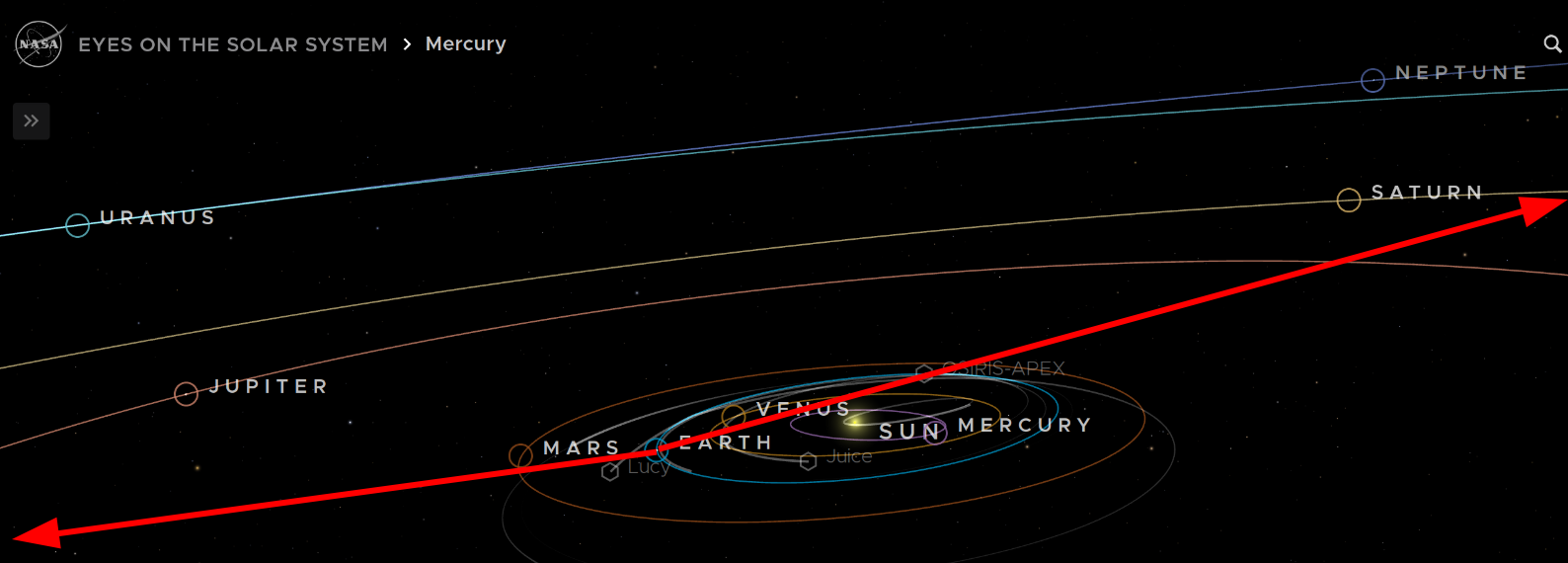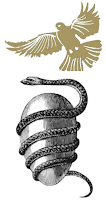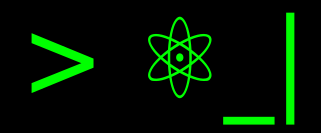Entradas en science
Planetary alignment 2025
- 2025-01-19
We began the year 2025 with a couple of important astronomical events, and one of these is the planetary alignment. The other event is the maximum brightness of what has been called the comet of the century, C/2024 G3 (ATLAS), but let’s talk about the planetary alignment.

The Parker Spiral with Python
- 2024-10-06
In this post, we will explore the numerical solution to the first-order nonlinear differential equation that models the solar wind speed as a function of the heliocentric distance. Once this velocity profile is obtained, which is temperature-dependent, we proceed to transform it into Lagrangian coordinates centered at an emission point on the corona. This will make it more natural to construct an arm of the Parker spiral, along which the found velocity profile evolves.

Do we attract each other gravitationally?
- 2019-11-08
Gravitational interaction or what is commonly called gravitational force (let’s be clear about two different things here), usually appears in our imagination as a dominant interaction that ultimately controls the movement of large celestial bodies and keeps us attached to Earth. However, this interaction isn’t exclusive to stars; it exists between all objects with mass, and if so, why aren’t we attracted gravitationally by other people?
Order and Origin of the Greek Cosmos
- 2013-06-18
Second article based on my talk on «Greek Cosmogony and Cosmology» of astronomy in the Parque de los Deseos on May 14, 2013 (the first was Greek Cosmogony).
Greek Cosmogony
- 2013-05-26
The cosmogony and cosmology of the ancient Greeks were deeply intertwined. While its cosmological elements have been detached from mythology since the reasoning of the first Greek philosopher, Thales of Miletus, the origin of some of these elements can be traced back to it.

Asimov in Science
- 2013-01-18
While Isaac Asimov is commonly known as a science fiction and mystery writer (the latter being less widely known) and a great science popularizer, he was also a scientist. This article aims to highlight Asimov’s scientific contributions and academic background, often overshadowed by his literary achievements.
Newton’s Double Birthday and the Gregorian Calendar
- 2013-01-04
The commemoration of Sir Isaac Newton’s birth presents a curiosity: it is celebrated on both December 25, 1642, and January 4, 1643. This dual observance stems from the shift between the Julian and Gregorian calendars. This article explores the reasons behind this double celebration, delving into the historical context of the calendar reform and its impact on the dating of historical events.
Evolution in the Greeks
- 2012-05-13
Speaking a little about biological evolution yesterday, starting the activities of the astrobiology cycle at the Orión Club, the concern about the Greek origin of evolution arose, which is why I took the task of looking for a little and making this brief review.
